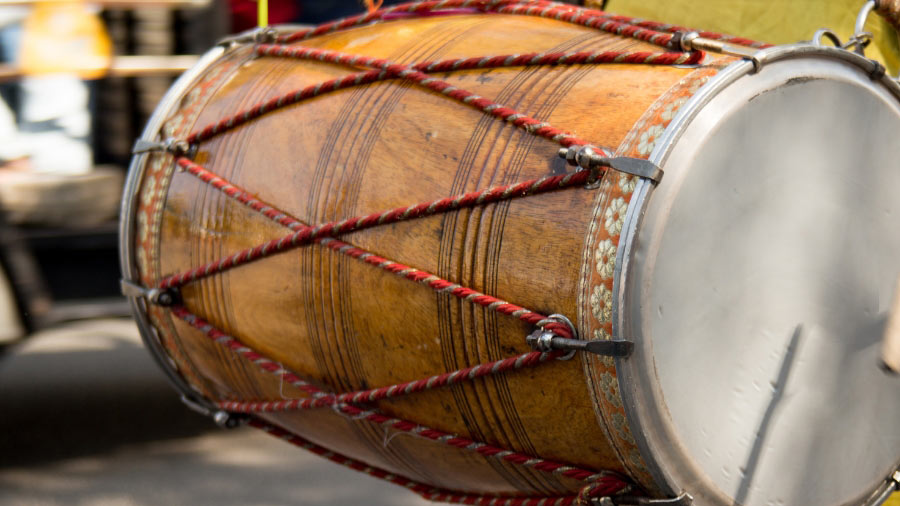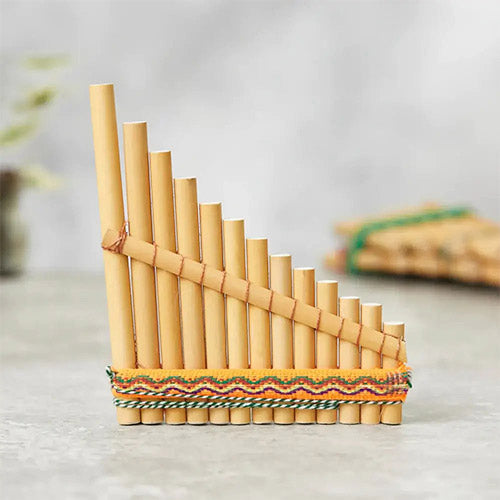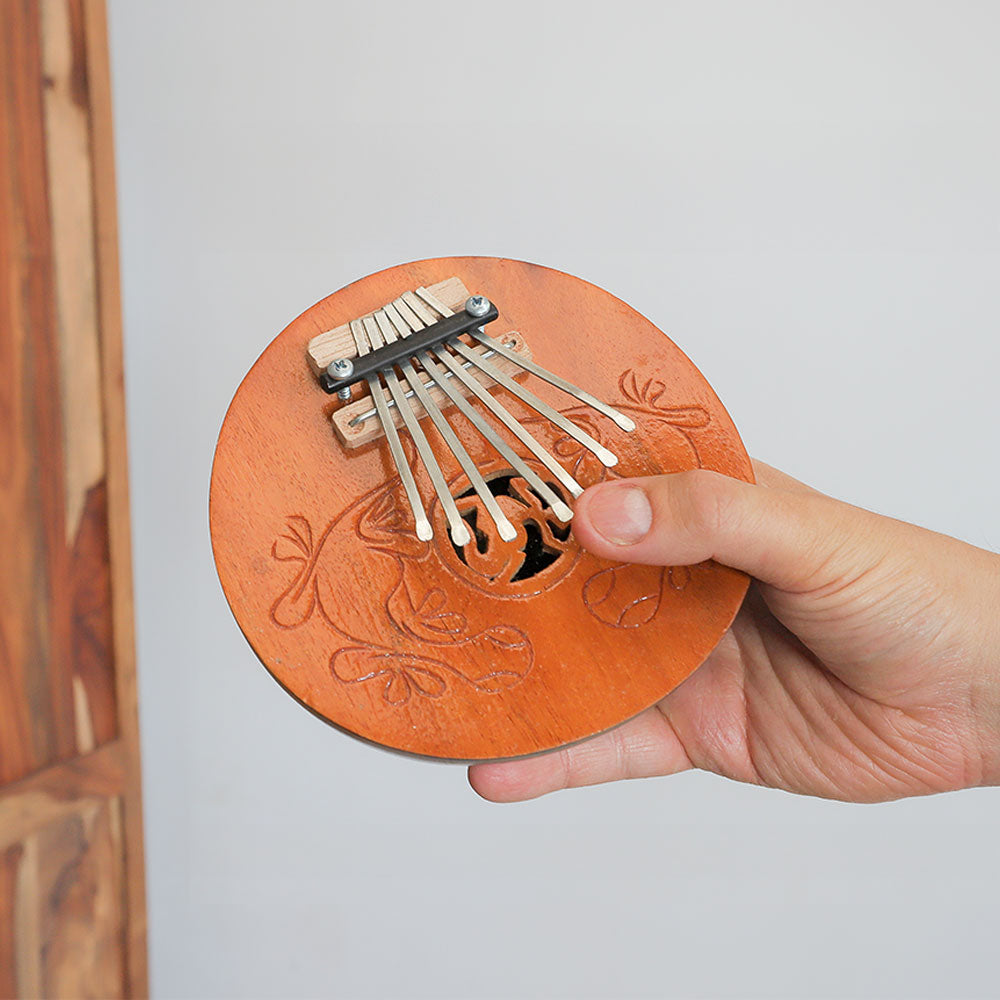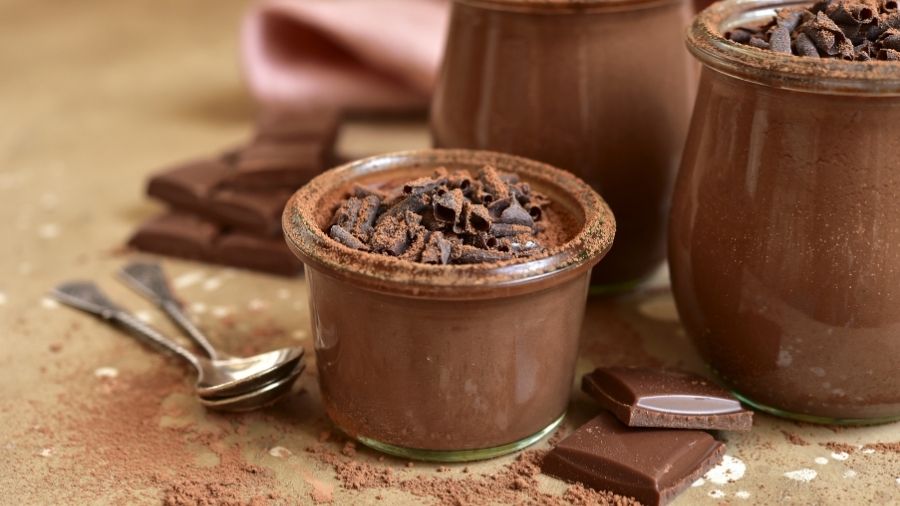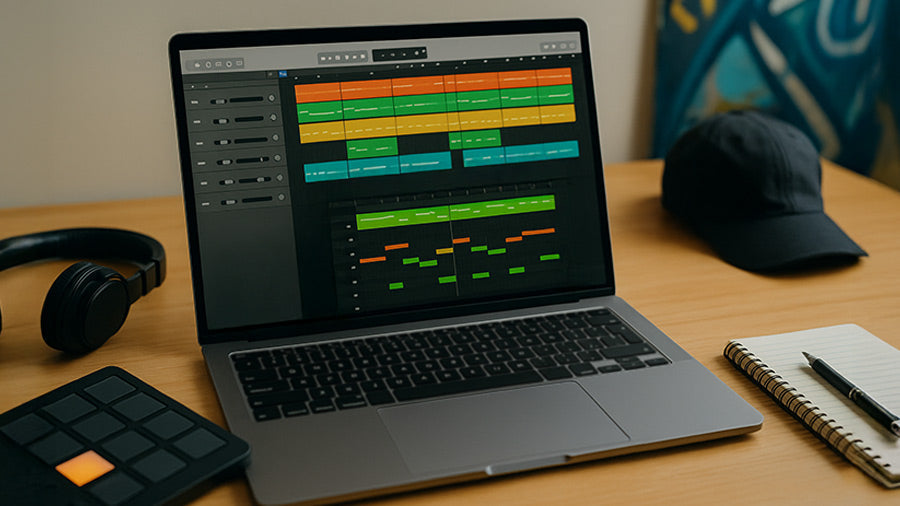The dhol is a large, double-headed drum from South Asia, traditionally made of wood with animal or synthetic skin heads, and played using two sticks—one thick for the bass side and one thin for the treble. Known for its deep, booming sound, it’s used primarily to energize celebrations such as weddings, religious festivals, and cultural dances, especially bhangra in Punjab. The dhol is most famously associated with India and Pakistan, where it's an essential instrument in Punjabi folk music, though it's also used in other regional genres. Dhol players, known as dholis, are often central to live performances, parades, and processions, driving rhythm and excitement with their powerful beats.
History of Dhol Drum
The dhol has ancient roots in the Indian subcontinent, with its earliest references appearing in Sanskrit texts and temple carvings dating back over a thousand years. While the exact inventor is unknown, the instrument is believed to have originated in India, particularly in the Punjab region, where it became a vital part of folk traditions. By the 15th century, the dhol had gained prominence in Punjabi culture, especially for accompanying bhangra dance during harvest festivals like Vaisakhi. Over time, it spread to neighboring regions and evolved in construction and style, becoming a central percussion instrument in many South Asian musical traditions.
Types of Dhol Drum
There are several types of dhol, each with unique characteristics depending on regional style and use. The most well-known is the Punjabi dhol, a large barrel-shaped drum played with two sticks—one thick (dagga) for the bass side and one thin (tilli) for the treble. It produces a loud, energetic beat central to bhangra and festive music. The Nagara dhol used in North India is bowl-shaped and played with curved sticks, often in ceremonial or religious settings. In Maharashtra, the Dhol Tasha ensemble uses a flatter, broader dhol played with heavy sticks for processions. Variants like the Koli dhol (used by fishing communities) and South Indian temple dhols feature different materials and tunings. Common across all types is their dual-sided design, booming resonance, and cultural significance in celebration and ritual.
Bhangra Dhol Drum

★★★★★ - “This has been to many gigs with our group and people always admire it”. - Verified Buyer
Celebrate in style with the Bhangra Dhol Drum — a compact, decorative version of the traditional Indian dhol, perfect for weddings, festivals, or as a rhythmic accent in your space. Handcrafted from mango wood and goat hide, it’s larger than a damaru or dholak but smaller than a full-sized performance dhol, producing a lighter, festive tone. Each drum includes two beaters, a neck cord, and colorful or solid brown accents. Measuring approximately 42 × 22 × 17 cm and weighing 2.75 kg, this fair trade, eco-friendly piece blends culture and charm. Ideal for percussion lovers and those seeking a vibrant, handmade display item.
Purchase the Bhangra Dhol Drum Here.
Fancy Dholak Dhol Drum

★★★★★ - “Very good quality. Very happy”. - Verified Buyer
The Fancy Dholak Dhol Drum is a glossy-finished, double-headed instrument made in India and played worldwide in styles ranging from traditional South Asian weddings to modern bhangra music. Featuring tough nylon stringing, welded metal tension rings, and bright, multicoloured finishes, it delivers rich dual tones and is typically played by hand—either slung over the shoulder, in the lap, or under the knee. With a sturdy metal ring tuning system and bold design, this 45 × 24 cm drum (3.14 kg) is ideal for passionate musicians seeking a professional-grade piece. Each one is handmade, so colors and patterns may vary.
Purchase the Fancy Dholak Dhol Drum Here.
Tips for Choosing the Right Dhol Drum
When choosing the right dhol drum, consider your purpose—whether for professional performance, casual playing, or decorative use. Look at size and weight for comfort, especially if you plan to play standing up, and decide between synthetic or natural materials depending on tone preference and maintenance needs. Dhols with metal tuning systems offer better tuning stability, while traditional rope-tuned versions provide authentic character. Beginners might prefer smaller or lightweight options, while seasoned drummers may opt for full-size, handcrafted versions with animal hide heads for deeper resonance. Dhol drums are suitable for musicians, cultural performers, percussion enthusiasts, and collectors alike.
The Pros and Cons of Buying a Second-Hand Dhol Drum
Buying a second-hand dhol drum can be a great way to save money and find a well-seasoned instrument that may already have a broken-in, warm tone. It's also more eco-friendly, giving a used item a new life. However, second-hand dhols might come with hidden issues like worn drumheads, damaged tuning systems, or structural cracks, and often lack warranties. New dhols offer the advantage of pristine condition, longer lifespan, and choice in style, size, and tuning preferences. Handmade dhols, whether new or used, often provide better craftsmanship, deeper sound, and cultural authenticity. If you're a beginner or want reliability and hygiene, a new dhol may suit you best. But if you're budget-conscious or value character in an instrument, second-hand could be a rewarding option—just inspect carefully before buying.
Unique Dhol Drum Accessories
Unique dhol drum accessories can enhance both your playing experience and the drum’s longevity. A sturdy, padded carry case is essential for protecting your dhol during transport and storage, especially if it’s wooden or handmade. Shoulder straps or harnesses allow for more comfortable playing during parades or performances. Tuning tools or rings help maintain optimal sound, while goat skin or synthetic replacement heads are useful for maintenance. If your dhol is made of wood, occasional application of natural oils like linseed or coconut oil can help preserve the shell and prevent cracking. Decorative elements like tassels or vibrant wraps can also add a personal touch to your setup.
Dhol Drum in Popular Music
The dhol drum is most famously associated with Punjabi folk music and bhangra, where its energetic, booming beats drive dance and celebration. Over time, it has crossed into global genres including Bollywood, EDM, reggae, and hip-hop. The instrument has appeared in high-energy tracks, wedding music, and film scores. Artists like Panjabi MC and RDB brought the dhol into international spotlight by blending it with electronic beats, while even mainstream acts like Jay-Z and Missy Elliott have incorporated dhol rhythms into remixes for added cultural flair and impact. Its infectious rhythm and festive tone make it a favorite for energizing crowds and blending traditional sounds with modern beats.

